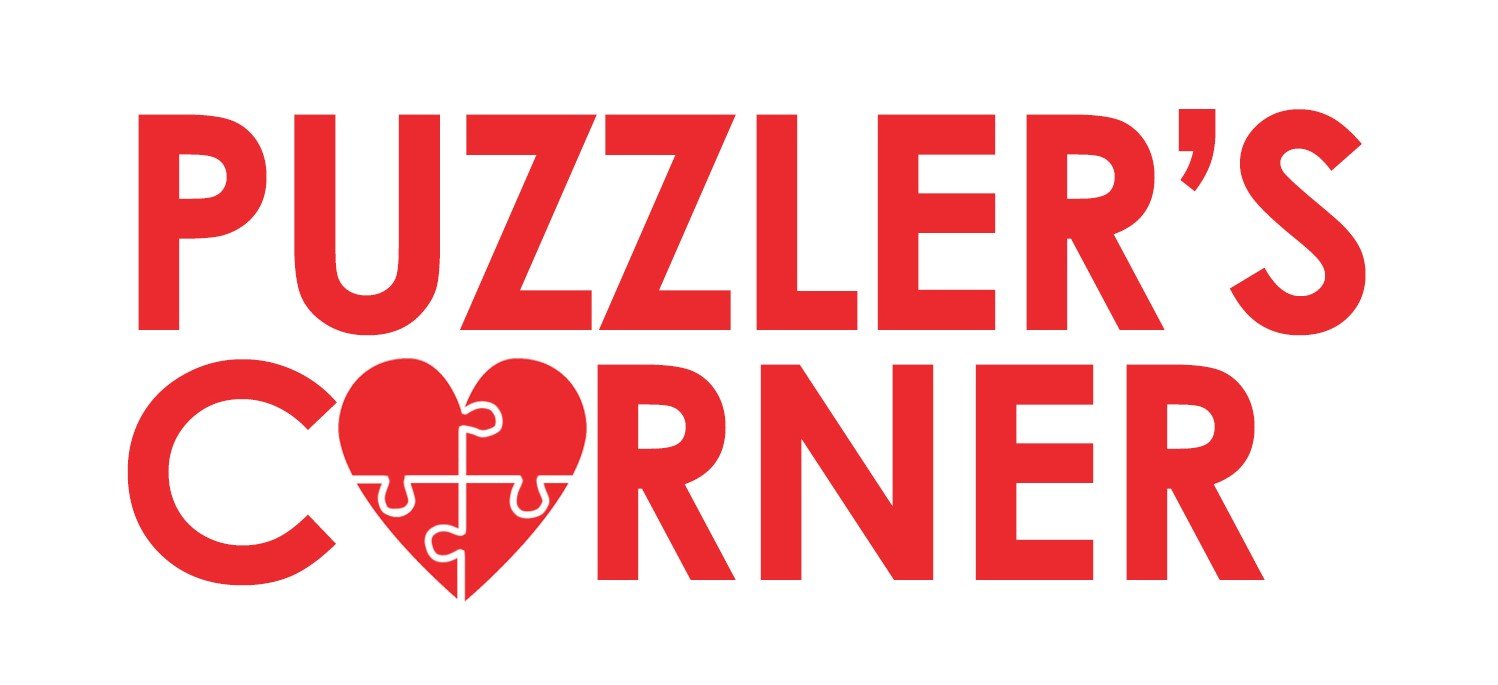I want to go back in time. Ten years ago, today, the world turned its attention to Chile, where the main ramp of the San Jose Mine, near Copiapo Chile, collapsed, trapping 33 men 2,300 feet below ground. Rescue teams responded immediately, and yet it was over two weeks before a probe reached the place where the miners were trapped. The miners sent a note which stated that they were all fine and in the shelter. Rescuers began sending the miners food and water, as the meager supplies in the shelter were not enough to sustain the miners for a prolonged time period.
And then we waited. Through August and half of September. As people discussed and debated how to rescue the miners, we watched. The best angles which would gain access to the miners were discussed. Drilling equipment was set in motion. Plan A was attempted and failed. Plan B was then implemented, then delayed when the drill broke.
The plan was simple enough. The Plan B drill would widen a 5.5” diameter hole to 28” in 2 stages, which began on September 3rd. The first miner, Florencio Antonio Avalos Silva, was returned to the surface on October 13th, and the last one, 54-year-old Luis Alberto Urzua Iribarren arrived in the capsule 22 ½ hours later. From reports at the time, the only disagreement the miners had, was the order they would travel in the capsule. They all wanted to be last, and make sure the others were returned safely to the surface.
Miners shared their stories of what happened while they were underground. A community of support was born out of their isolation. They understood that they needed to work together until they could be rescued. Water and food supplies were rationed, exercise routines were established. The men prayed together, sang together, and shared messages to and from their families. I still remember how I watched through that night as the capsule descended empty, to bring up another of the miners. I was overjoyed when the last miner arrived at the surface and everyone celebrated one of the greatest rescues in our lifetime.
Unfortunately, as is usually true with time, the story of this event has faded. After a decade, I’m not sure which of those miners are still living, which ones returned to work because there was no other employment or which ones chose a different career. What I still remember is how their time in isolation created new relationships of support, caring and sharing.
I don’t need to remind you that we are living through a different kind of isolation. There is still a need for us to shelter in place. We are not trapped underground, but this pandemic has caused us to limit what we do and where we go. At the same time, we are able to create new ways of relating to one another, supporting one another and sharing what it means to be in community with each other. This is truly a time for us to live out these words, often attributed to John Wesley: “Do all the good you can, by all the means you can, in all the ways you can, in all the places you can, at all the times you can, to all the people you can, as long as ever you can.” And Amen.
